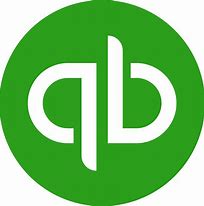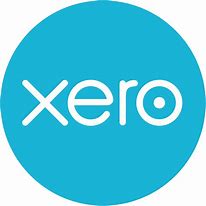FAQs
What is a micro-entity?
Micro-entities are very small companies. Your company will be a micro-entity if it has any 2 of the following:
- a turnover of £632,000 or less
- £316,000 or less on its balance sheet
- 10 employees or less
If your company is a micro-entity, you can prepare simpler accounts that meet statutory minimum requirements and send only your balance sheet with less information to Companies House.
When do I need to file accounts?
Unless you are filing your company’s first accounts the time normally allowed for delivering accounts to Companies House is 9 months from the accounting reference date for a private company.
If you are filing your company’s first accounts and those accounts cover a period of more than 12 months, you must deliver them to Companies House within 21 months of the date of incorporation for private companies or 3 months from the accounting reference date, whichever is longer.
Will I be fined for filing late?
Failure to deliver accounts on time is a criminal offence. In addition, the law imposes a penalty for late filing of accounts on the company. The amount of the penalty depends on how late the accounts arrive but will be from £150 for private
companies.
Are there any entities that cannot prepare micro-entity accounts?
An entity cannot prepare and submit micro-entity accounts if it is, or was at any time during the financial year, one of the following;
- a limited/
qualifying partnership
- a public limited company
- an overseas company
- an unregistered company
- a company authorised to register under section 1040 Companies Act 2006
- a charitable company
- a company that is excluded from the small company’s regime under section 384 Companies Act 2006, or is excluded from being treated as a micro-entity under section 384B Companies Act 2006.
Do
I
qualify as a micro-entity every year?
Generally, a company qualifies as a micro-entity in its first financial year if it fulfils the conditions in that year. In any subsequent years a company must fulfil the conditions in that year and the year before.
However, if a company which qualified as a micro-entity in one year no longer meets the criteria in the next year, it may continue to claim the exemptions available in the next year.
If that company then reverts back to being a micro-entity by meeting the criteria in the following year, the exemption will continue uninterrupted.
What do micro-entity accounts show?
A micro-entity is required to prepare accounts that contain the following elements:
- A balance sheet that complies with one of the specified formats given in the relevant regulations, along with any footnotes
- A directors’ report
- A profit & loss account that complies with the specified format given in the relevant regulations
- An auditors report, unless the company is claiming exemption from audit as a small company
- Any notes to the accounts
- The balance sheet must contain a statement in a prominent position above the director’s signature and printed name that the accounts have been prepared in accordance with the micro-entity provisions. This statement should appear in the original accounts as well as the copy sent to Companies House.
Micro-entities do not have to deliver a copy of the directors’ report or the profit and loss account to Companies House.
Do I need to pay Corporation Tax?
Corporation Tax is payable annually and based on the profit that your company makes. Your profit will include a deduction for salaries paid but exclude dividends paid.
Do I need to submit a Corporation tax return?
Your company must file a Company Tax Return even if you make a loss or have no Corporation Tax to pay.
The deadline for your tax return is 12 months after the end of the accounting period it covers. You’ll have to pay a penalty if you miss the deadline.
There’s a separate deadline to pay your Corporation Tax bill. It’s usually 9 months and one day after the end of the accounting period. You’ll have to pay penalties if you do not file your Company Tax Return by the deadline.
Do I also need to pay Income Tax and National Insurance?
Salaries and dividends drawn from your company are subject to Income Tax. Your salary should be paid net of Income Tax, via PAYE, unless you meet certain criteria to not register for PAYE, in which case Income Tax will be paid via Self Assessment.




